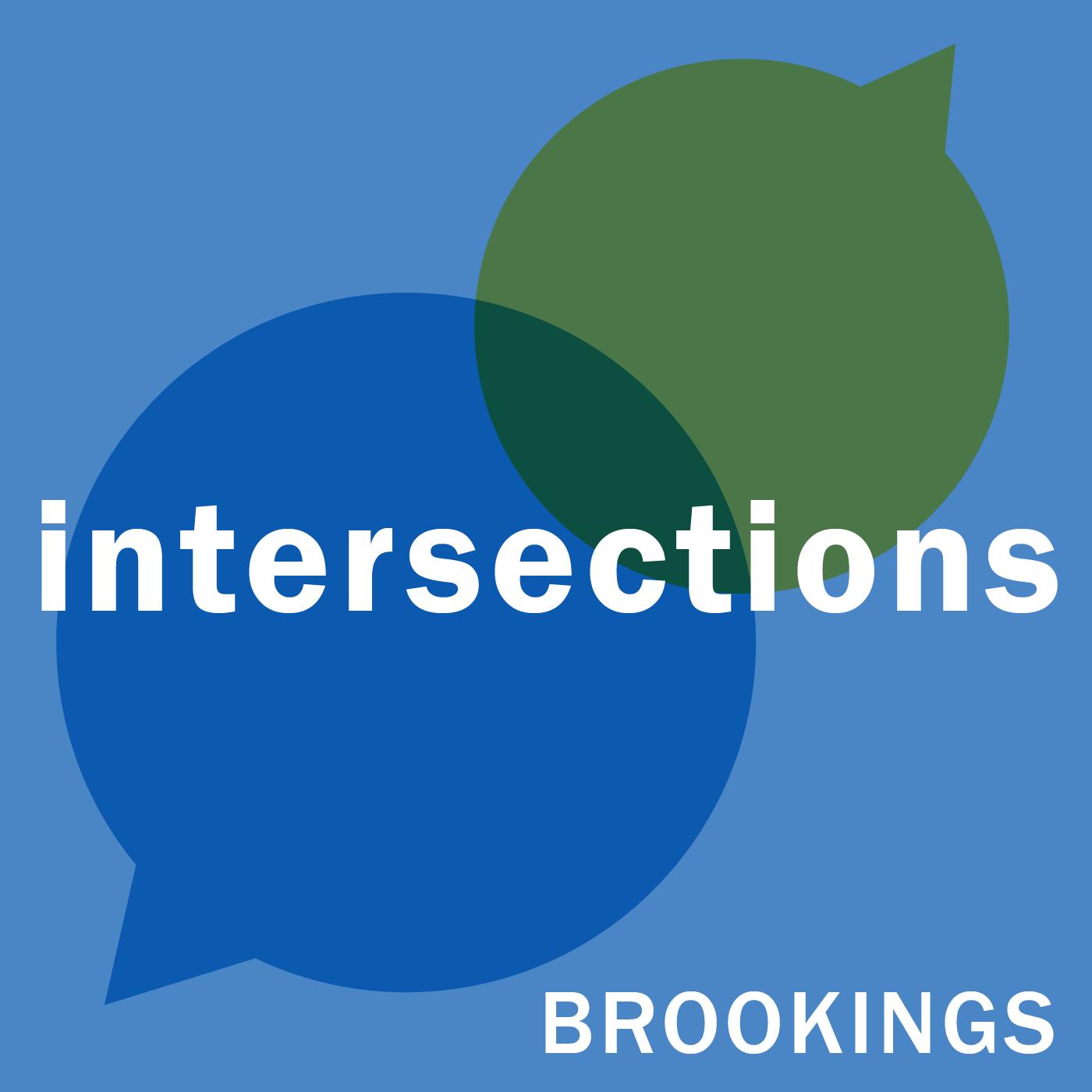“[Turkey’s] democracy was always a problematic one, interrupted by military coups, but also when there were no military coups the democracy itself had its own challenges with respect to the quality of human rights, the spectrum of democracy as well – the military always hung over this democracy like Damocles’ sword.” – Kemal Kirişci
“Turkey has a unique standing in history in many ways. One I would emphasize is where it sits geographically in the world as a crossroads between East and West, north and south, many different cultures and languages and systems of governance…. In its early years as an independent nation and under Kemal Ataturk you saw this very strong heavy emphasis for a secular state that would be more oriented towards the West. That is really what dominated the development of modern Turkey for so many years. What we are seeing now is an effort by religious voices that say, ‘We have a place in politics too,’ in an effort, as I saw it, to set a better balance in religious expressions and political life.” – Ted Piccone
In this episode of “Intersections,” Kemal Kirişci, TÜSİAD senior fellow and director of the Center on the United States and Europe’s Turkey Project, and Ted Piccone, senior fellow in the Project on International Order and Strategy in the Foreign Policy program, examine Turkey’s history of democracy and military coups, its relationship with the Middle East and the European Union, and the Gülenist movement’s relationship with the Turkish government. They also discuss the future development of the country’s governance under Recep Tayyip Erdoğan.
Additional materials:
- Coup attempt in Turkey
- The geopolitics of Turkey’s failed coup
- Erdoğan’s real opportunity after the failed coup in Turkey
- Five Rising Democracies and the Fate of the International Liberal Order
With thanks to audio producer Mark Hoelscher, Carisa Nietsche, Sara Abdel-Rahim, Fred Dews, and Richard Fawal.
Subscribe to the Intersections on iTunes, and send feedback email to [email protected].
The Brookings Institution is committed to quality, independence, and impact.
We are supported by a diverse array of funders. In line with our values and policies, each Brookings publication represents the sole views of its author(s).





Commentary
PodcastDemocracy in Turkey: Before and after the coup
August 3, 2016
Listen on
Intersections Podcast